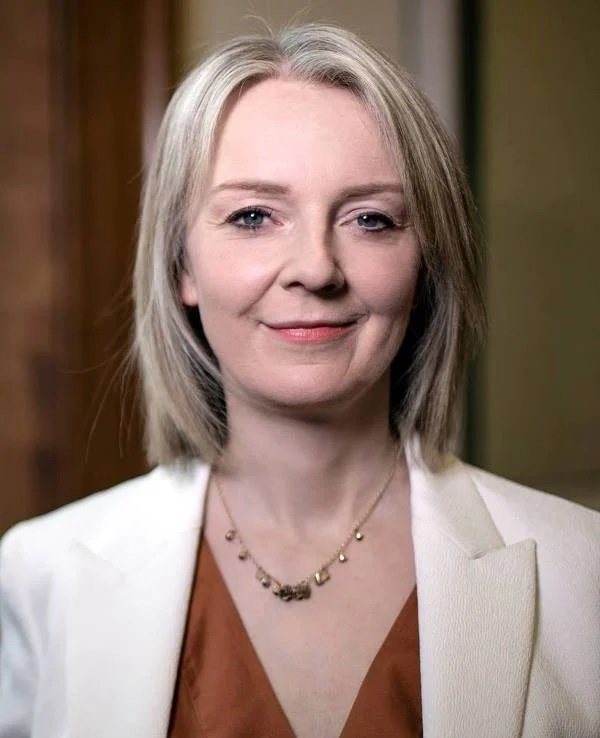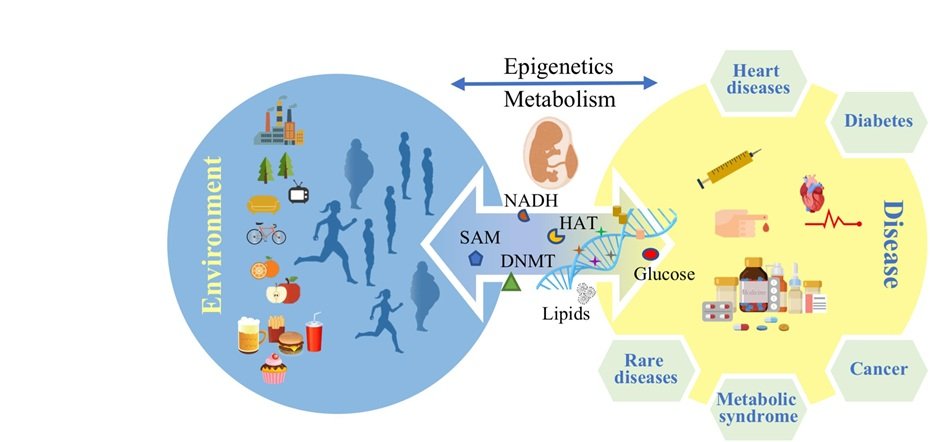Introduction
Elizabeth Mary Truss, commonly known as Liz Truss, is a prominent British politician who has played significant roles in the UK government. Known for her economic and social policies, Truss has established herself as a key figure in the Conservative Party. This article delves into her early life, political career, key achievements, and personal life, providing a detailed biography of Liz Truss.
Early Life and Education
Birth and Family Background
Liz Truss was born on July 26, 1975, in Oxford, England. Her father, John Truss, was a mathematics professor, and her mother, Priscilla Truss, was a nurse and teacher. Growing up in a left-leaning household, Liz Truss’s early political influences were quite different from her later conservative alignment.
Wiki/ Bio
| Category | Details |
|---|---|
| Full Name | Elizabeth Mary Truss |
| Date of Birth | July 26, 1975 |
| Place of Birth | Oxford, England |
| Nationality | British |
| Political Party | Conservative Party |
| Education | Roundhay School; Merton College, Oxford |
| Degree | Philosophy, Politics, and Economics (PPE) |
| Spouse | Hugh O’Leary |
| Children | Two daughters |
| First Elected as MP | 2010 (South West Norfolk) |
| Ministerial Positions | Various (Education, Environment, Justice, Treasury, International Trade, Foreign Secretary) |
| Notable Achievements | First female Lord Chancellor, Negotiated post-Brexit trade deals, Advocated for economic reforms |
| Hobbies | Reading, Gardening, Cooking |
Education
Liz Truss attended Roundhay School in Leeds, where she was known for her academic excellence and leadership skills. She then went on to study Philosophy, Politics, and Economics (PPE) at Merton College, Oxford. During her time at Oxford, she was active in student politics and served as the president of the Oxford University Liberal Democrats, reflecting her initial political inclinations towards liberalism.
Early Career
Professional Beginnings
Before entering politics full-time, Liz Truss worked as an economist and accountant. She began her career at Shell, where she qualified as a Chartered Management Accountant (ACMA). She later worked for Cable & Wireless and also served as the Deputy Director of the think-tank Reform, advocating for improved public services.
Political Shift
Despite her early liberal views, Truss’s political ideology began to shift towards conservatism. She joined the Conservative Party in the mid-1990s and became increasingly involved in local politics.
Political Career

Entry into Politics
Liz Truss’s political career began in earnest when she was elected as a councillor in Greenwich in 2006. Her commitment and effectiveness as a councillor paved the way for her selection as the Conservative candidate for the South West Norfolk constituency.
Member of Parliament
In 2010, Liz Truss was elected as the Member of Parliament (MP) for South West Norfolk. Her entry into Parliament marked the beginning of a rapid ascent within the Conservative Party.
Ministerial Roles
Education and Early Ministerial Posts
In 2012, Liz Truss was appointed as Parliamentary Under-Secretary of State for Education and Childcare. During her tenure, she focused on early years education and childcare reforms, advocating for increased accessibility and quality of childcare services.
Secretary of State for Environment, Food and Rural Affairs
In 2014, Truss was promoted to Secretary of State for Environment, Food and Rural Affairs. In this role, she worked on various environmental policies, including the promotion of sustainable agriculture and improving food security.
Lord Chancellor and Secretary of State for Justice
In 2016, Liz Truss made history by becoming the first female Lord Chancellor and Secretary of State for Justice. Her tenure was marked by efforts to reform the prison system and improve judicial processes.
Chief Secretary to the Treasury
In 2017, Truss was appointed as Chief Secretary to the Treasury, where she played a key role in managing public expenditure and promoting economic growth.
International Trade Secretary
In 2019, Liz Truss was appointed as Secretary of State for International Trade and President of the Board of Trade. She was instrumental in negotiating trade deals post-Brexit and expanding the UK’s trade network.
Foreign Secretary
In September 2021, Liz Truss was appointed as Foreign Secretary. In this high-profile role, she dealt with key international issues, including the UK’s response to global crises and strengthening diplomatic relations.
Prime Ministerial Bid
In 2022, following the resignation of Prime Minister Boris Johnson, Liz Truss ran for the leadership of the Conservative Party. Although she initially faced stiff competition, her campaign gained momentum, focusing on tax cuts, economic reform, and strong leadership.
Key Achievements and Policies
Trade and Economic Policies
Liz Truss has been a strong advocate for free trade and economic liberalization. During her tenure as International Trade Secretary, she successfully negotiated several trade deals, including with Japan, Australia, and New Zealand. Her economic policies emphasize reducing taxes and regulation to stimulate growth.
Social and Environmental Policies
As Environment Secretary, Truss worked on policies aimed at promoting sustainable farming and protecting natural resources. Her tenure saw the implementation of measures to enhance food security and improve rural development.
Judicial Reforms
As Lord Chancellor and Secretary of State for Justice, Liz Truss focused on prison reforms and improving the efficiency of the judicial system. She advocated for modernizing the court system and enhancing legal aid services.
Personal Life
Family
Liz Truss is married to Hugh O’Leary, an accountant. The couple has two daughters. Despite her busy political career, Truss has often emphasized the importance of family life and has managed to balance her professional and personal responsibilities.
Interests and Hobbies
In her personal life, Liz Truss enjoys reading, gardening, and cooking. She is known for her love of history and often incorporates historical references into her speeches and writings.
Conclusion
Liz Truss journey from a liberal student leader to a prominent Conservative politician and Foreign Secretary is a testament to her adaptability and dedication. Her various ministerial roles have allowed her to shape significant policies and reforms in the UK. As she continues to influence British politics, Liz Truss remains a key figure to watch, known for her resilience and commitment to her principles.














Leave a Reply